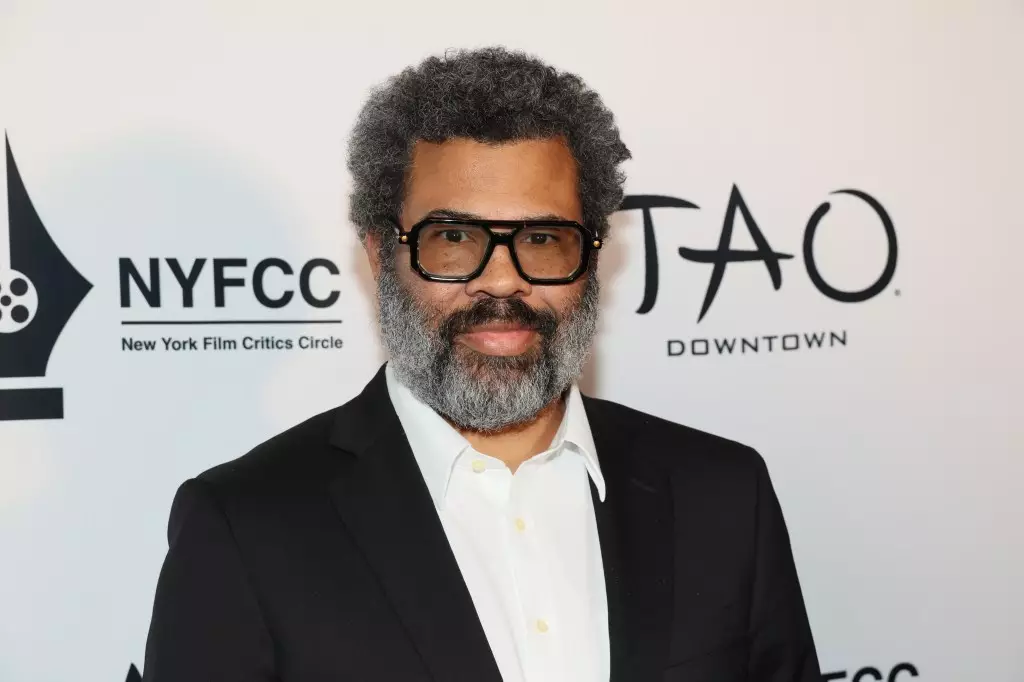Jordan Peele, the acclaimed director behind genre-defining films such as “Get Out” and “Us,” continues to master the art of suspense both in his projects and in his public persona. During a recent segment on “The Tonight Show,” host Jimmy Fallon attempted to pry details about Peele’s upcoming horror film, rumored to be one of the most anticipated releases of 2026. The interplay exemplified Peele’s unique ability to generate buzz without revealing any crucial information. When pressed for specifics, Peele responded with a knowing chuckle, emphasizing his commitment to keeping the audience in suspense. This decision not only cultivates intrigue but also enhances audience investment in the film before its release.
The film’s release date had been moved from December 2025 to 2026, a decision stemming from the dual Hollywood strikes that disrupted many productions. Peele’s awareness of the surrounding circumstances reveals the complexities involved in cinema today—where anticipation intermingles with uncertainty. Such delays can amplify audience curiosity, but they also pose risks; as excitement builds, expectations can soar to unrealistic heights. Nevertheless, Peele seems unbothered as he embraces this wave of anticipation, insisting that the suspense will ultimately pay off. His strategic silence mirrors that of Alfred Hitchcock, whose manipulation of audience tension is legendary in the world of horror.
After addressing his upcoming film, Peele shifted gears to discuss his recent endeavor into reality television with the reboot of “Scare Tactics,” a hidden camera show that plays on the genre of mock horror. Originally hosted by Tracy Morgan, the show aims to elicit genuine reactions from unsuspecting participants subjected to terrifying, scripted scenarios created by their friends. Peele’s involvement in this format reveals an interesting pivot in his work, allowing him to explore horror from a different perspective: real people’s reactions to fear. This playful yet gruesome experimentation with horror themes allows Peele to blend the line between fiction and reality, a hallmark of his filmmaking ethos.
One of Peele’s most compelling observations shines a light on the challenges of constructing horror narratives. He articulated the difficulty of crafting relatable characters who find themselves in terrifying situations, noting that most individuals would choose to flee rather than confront their fears. This insight emphasizes Peele’s understanding of human psychology and the nuances of fear. By studying real people’s reactions through “Scare Tactics,” he aims to enrich his storytelling approach, potentially giving audiences characters that transcend traditional horror archetypes and instead represent authentic human behavior.
Jordan Peele demonstrates a masterful grasp of building suspense through both his films and public engagement. As audiences await his next feature, Peele’s strategic withholding of information heightens anticipation, ensuring that the mystery surrounding his projects remains tantalizingly unresolved. His exploration into the exploration of real fear in a reality TV framework like “Scare Tactics” opens new avenues for analyzing human behavior in horror. As he continues to evolve as an artist, Peele not only enriches the horror genre but also challenges the conventions that have long defined it.

